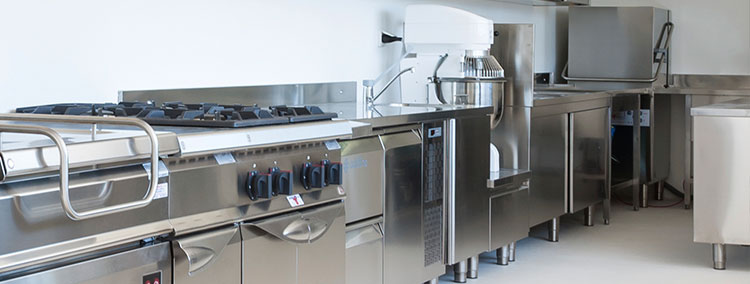
With so many cheaper and efficient dishwashers in the market, it’s normal to ask yourself, is it worth fixing a dishwasher when it breaks down?
The answer to this question isn’t a yes or a no, but more of a decision-making answer. To decide whether to fix or replace the appliance, you need to consider several things such as:
The amount charged by the service provider
When your appliance breaks down, you hire a dishwasher repair professional to fix it. Different professionals charge different rates depending on their experience, location, and nature of the problem.
To decide whether to fix the appliance, compare the contractor’s fee and the cost of a new appliance. Of course, you shouldn’t pay for a repair when the fees are higher than the cost of a new appliance.
The appliance repair market is full of unscrupulous contractors, so be cautious when comparing prices.
Don’t approach one contractor and think that is the amount charged by all contractors. Get quotes from 3 to 5 contractors from different locations, then compare them.
Avoid uptown based companies as they charge higher fees. The high fees aren’t because the contractors provide the best services, rather because they pay higher rents there.
If you do your comparison and find that the average price is higher or close to the price of a new appliance, simply get a new unit.
On the flip side, if you find the repair price lower than the machine’s price, fix the dishwasher. For best results, work with an experienced technician that understands what they are doing.
Age of the appliance
How long has the appliance been around? If your appliance is 8, 9, or 10 years, don’t bother fixing it—simply replace it.
The reason for this is because most of the modern appliances are designed to last for only 10 years. This means the closer your appliance is to 10 years, the better it is to replace it.
The problem the appliance has
Minor dishwasher problems are easy and cheap to fix, so it makes sense to fix your appliance if it has a minor problem. If your appliance is missing a seal, pressure switch, latch, drain pump, fill valve, or any other easy-to-find part, simply fix it.
On the other hand, if the appliance has a serious problem such as a malfunctioning motor or circulation pump, it’s more economical to replace the dishwasher as the cost of a new part and installing it will be much higher than the cost of a new dishwasher.
Warranty
If you have had your dishwasher for 1-2 years, you most likely have a warranty. This means when the appliance breaks down, you simply take it to a factory-authorized shop and have it fixed at no cost to you.
Due to this, it’s better to have the dishwasher fixed regardless of the problem’s nature. After all, the cost isn’t transferred to you.
If you never bothered with the warranty at the time of purchase or your appliance is old, you aren’t covered by the warranty, so you have to shoulder all the costs.
If the problem is minor, you can get money from your pocket and pay for it, but you are better off replacing the unit if the issue is complex.
Buying a new dishwasher
If you don’t have a warranty, your dishwasher is old, and/or the appliance has a complex problem, you shouldn’t bother with fixing it. Instead, buy a new one.
When buying a new appliance, take your time and ensure you buy the right one. One of the things to look at when buying is the efficiency rating of the unit.
Of course, you want a highly energy-efficient dishwasher that will consume little energy and function efficiently for a long time.
The price is another factor to consider. While expensive dishwashers function better and last for a long time, avoid the luxurious ones as they have too many features that you probably won’t need.
Go for moderately priced units within your budget.
After buying the appliance, take good care of it, so it lasts for a long time, and avoid hiring appliance repair Alexandria professionals now and then.
The post Is It Worth Fixing A Dishwasher When It Breaks Down? first appeared on HVAC Repair, appliance repair. The post appeared first on Express Appliance Repair